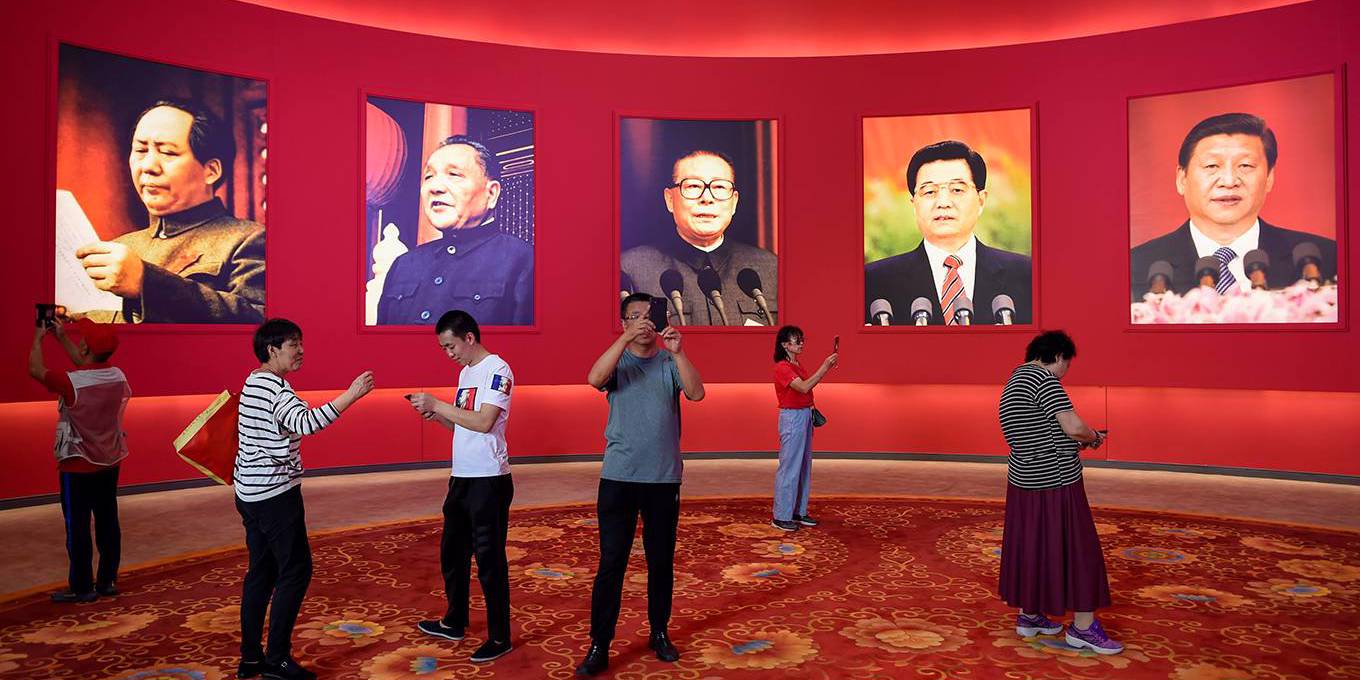J. Bradford DeLong in Project Syndicate:

Late last month, the American actor John Cena issued a groveling public apology after having referred to Taiwan as a “country” in an interview to promote his latest film. Though he was using the term to refer to a linguistic media market with a discrete distribution channel, not to the status of the island of Taiwan in international law, the Chinese government would make no allowance for such distinctions.
What are we to make of this episode? Clearly, globalization has gone terribly wrong. The speech restrictions dictated by China’s authoritarian government apply not just to China but also, and increasingly, to the outside world. Even in my own day-to-day experience, I have noticed that far too many people now speak elliptically, elusively, and euphemistically about contemporary China.
I could do that, too. I could subtly point out that no empire has ever had more than five good emperors in a row, and that it is important for a society to preserve a place for well-meaning critics like the sixteenth-century Chinese official Hai Rui, the early communist-era military leader Peng Dehuai, and the economic reformer Deng Xiaoping. But I prefer to speak frankly and directly about the real issues that lie behind terminological disputes over Taiwan.
More here.
